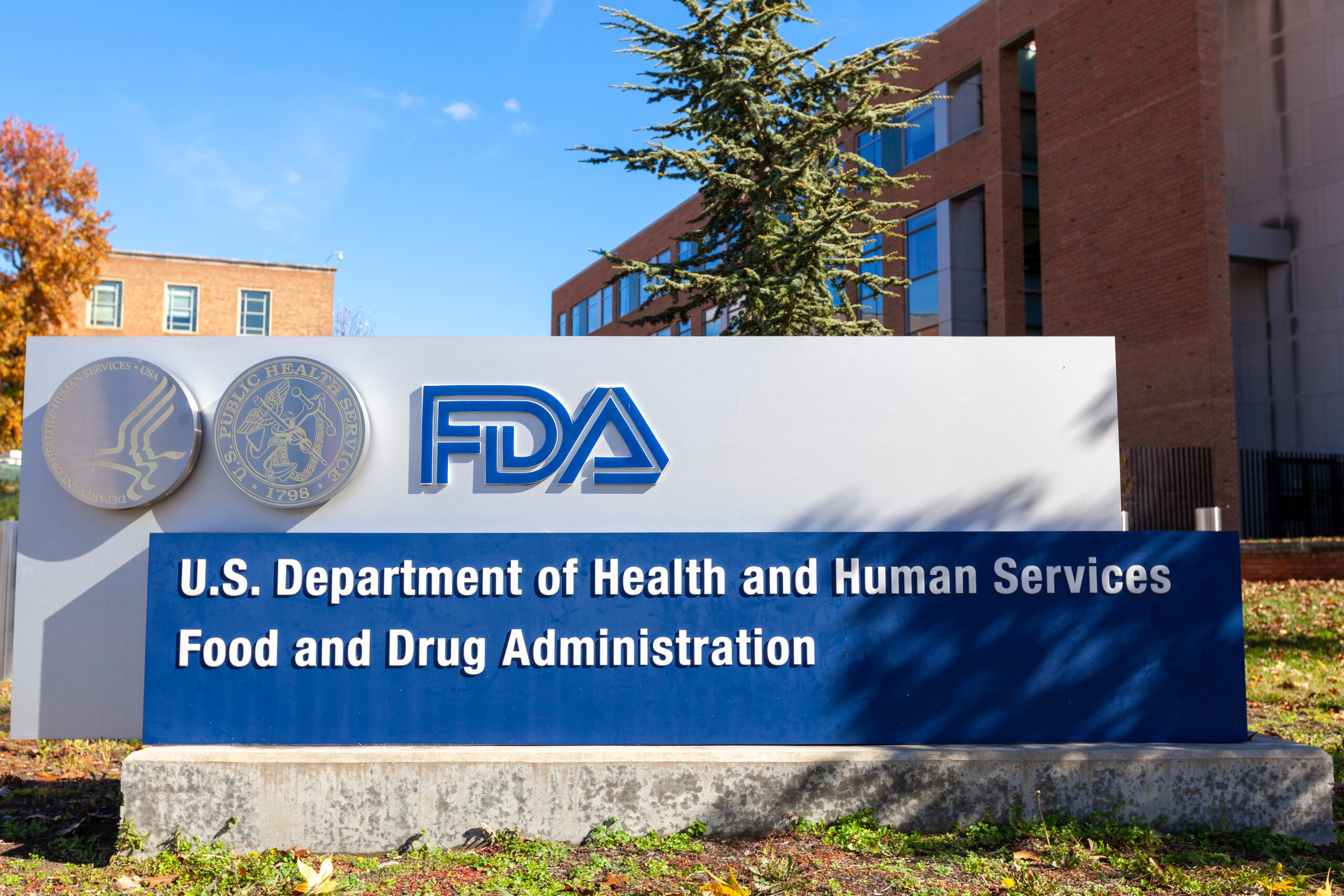The global biopharmaceutical company Bristol-Myers Squibb has announced their plans to buy out Promedior, in a press release yesterday. Bristol-Myers plans to pay $1.25 billion – with $150 million up front – to acquire the Lexington, Massachusetts-based company, along with their promising fibrosis drug.
The driving factor behind the buyout was Bristol-Myers’ interest in Promedior’s most valuable asset; PRM-151, a recombinant form of the human pentraxin-2 protein currently under development for the treatment of idiopathic pulmonary fibrosis (IPF) and myelofibrosis (MF). The buyout is contingent on PRM-151’s success in Phase II trials.
Bristol-Myers plans to complete the transaction following the release of data from the mid-stage of PRM-151 trials. The drug has been granted orphan status in the US and Europe for the treatment of both IPF and MF, and it is currently on the FDA’s fast track to approval.
“Bristol-Myers Squibb continues to invest in building a diverse specialty portfolio, focusing on innovative approaches that can transform the treatment landscape for patients with serious diseases,” said Francis Cuss, MB BChir, FRCP, executive vice president and chief scientific officer of Bristol-Myers Squibb.
This latest deal for Bristol-Myers is just one in a number of recent agreements made by the company, in an effort to bolster its fibrosis pipeline. Last fall, Bristol-Myers entered into a provisional buyout agreement for Denmark-based biotech company, Galecto. The company focused its interest on Galecto’s galectin-3 inhibitor – TD139 – which prevents binding of galectin-3 to carbohydrates, potentially treating IPF.
TD139 will join another drug candidate – BMS-986020, a lysophosphatidic acid 1 (LPA1) receptor agonist – which is also in the beginning stages of development for the treatment of fibrosis. Bristol-Myers previously penned research agreements with both the California Institute for Biomedical Research (Calibr), and The Medical University of South Carolina.
“PRM-151 will complement our growing early-stage fibrosis portfolio, and we are excited by its potential to address multiple fibrotic diseases,” said Cuss. During the first stage of a Phase II study conducted last year by Promedior, the researchers observed a 43% reduction in bone marrow fibrosis after 6 months. This data was then updated by Promedior in June of this year to 72%, indicating the reduction in bone marrow fibrosis was associated with increased hemoglobin and an improved platelet count.
According to the company’s press release, “PRM-151 has been shown in multiple preclinical models to regulate monocytes and macrophages at areas of tissue damage to prevent and reverse fibrosis, including IPF, acute and chronic nephropathy, liver fibrosis, and age-related macular degeneration.”
“With the strong strategic fit between our companies, we intend to continue to move PRM-151 forward rapidly as a new treatment option to address the unmet needs of patients with myelofibrosis, idiopathic pulmonary fibrosis, and other fibrotic diseases,” commented Suzanne L. Bruhn, Ph.D., President and Chief Executive Officer of Promedior.












Join or login to leave a comment
JOIN LOGIN